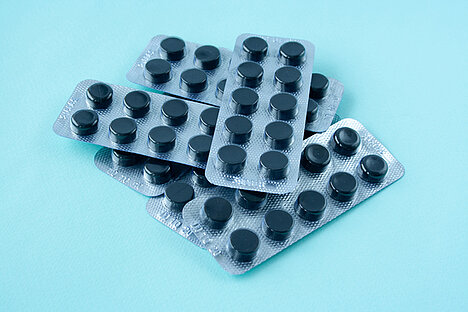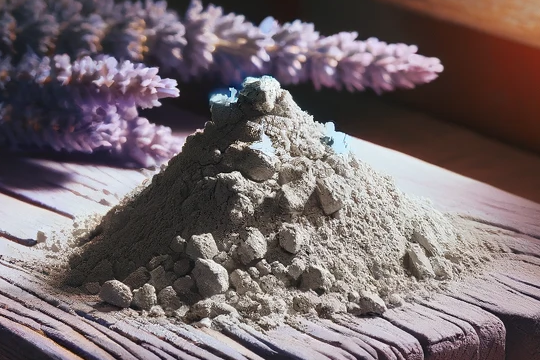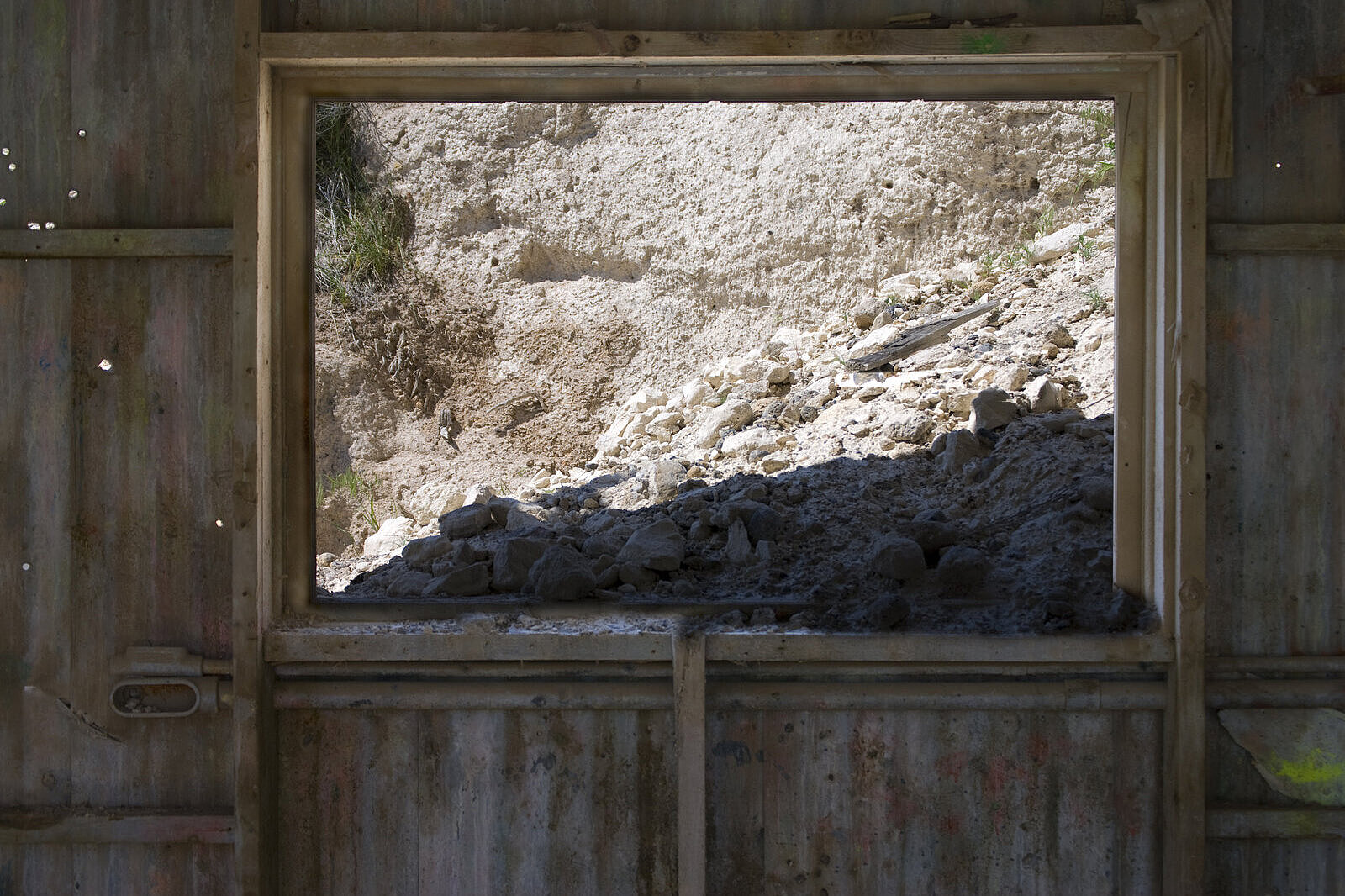Activated carbon

Activated charcoal is a fine, black powder made from various plant or animal substances. It has the ability to bind toxins and other harmful substances and thus remove them from the body. But when and how should activated charcoal be used in dogs? In this article, you can find out more about the effect, dosage and the advantages and disadvantages of activated charcoal for your four-legged friend.
What is activated charcoal and how does it work?
Activated charcoal is made from wood, coconut shells, bones or other organic materials. These are heated and treated with oxygen or water vapor to create small pores. This creates a very large surface area to which other molecules can attach. This process is called adsorption.
Activated carbon can adsorb various pollutants such as medicines, pesticides, heavy metals or alcohol. This prevents them from entering the bloodstream and causing damage. Activated charcoal can also bind bacteria or gases and thus help with gastrointestinal complaints.
When should activated charcoal be used in dogs?
Activated charcoal can be used in dogs, especially in cases of poisoning.
If your dog has eaten something it shouldn't have (for example chocolate, rat poison or grapes), you should consult a vet as soon as possible. The vet can then tell you whether you should give your dog activated charcoal or not.
But even if your dog has eaten too much or has eaten food that he doesn't normally eat (e.g. greasy food or sweets), his digestive system may be disturbed. In these cases, you can also give him some activated charcoal. This protects his intestinal flora and prevents him from absorbing too much fat or sugar.
How is activated charcoal for dogs dosed?
The correct dosage of activated charcoal for your dog depends on its weight.
The rule of thumb is
1 gram of activated charcoal per kilogram of body weight.
However, be sure to follow the instructions on the packet and ask your vet.
You can give your dog activated charcoal in tablet form (crushed), in liquid form (dissolved) or in powder form (mixed with water). It is best to give him the activated charcoal as soon as possible after he has eaten the toxic substance. You can also give several doses a few hours apart.
What are the benefits of activated charcoal for dogs?
Activated charcoal has several benefits for your dog:
- It can be life-saving in cases of poisoning.
- It can alleviate gastrointestinal complaints.
- It is natural and safe.
- It is readily available and inexpensive.
What are the disadvantages of activated charcoal for dogs?
Activated charcoal also has some disadvantages for dogs:
- It cannot bind all toxins (e.g. iron or lithium).
- It can also bind useful substances (e.g. vitamins or medication).
- It can cause constipation.
- It can turn the feces black.
Activated charcoal can be a useful supplement for dogs.
Activated charcoal is a versatile remedy that can help dogs, especially in cases of poisoning or gastrointestinal complaints. It binds the toxins and prevents them from entering the body. However, you should always consult a vet before giving your dog activated charcoal. You should also pay attention to the correct dosage and application and keep an eye on possible side effects.
Activated charcoal is not a miracle cure and cannot solve all problems. However, it can be a useful supplement for your dog's health.
Properties 2
Are you looking for other ingredients with a specific property?
Just click on them to find more.
If you notice any signs of hypersensitivity or poisoning in your dog, you should see your vet immediately. We are not a substitute for a vet, but we try to be as accurate as possible. Every dog reacts differently and we recommend you get a second opinion or consult your vet if in doubt.
Stay healthy and take good care of your four-legged friend!😊
Similar to Activated carbon
Bentonite is a fine powder consisting of various clay minerals. The most important are montmorillonite, kaolinite and illite. These minerals have a platelet-like structure that can swell in water...
Zeolite is a naturally occurring, microporous mineral with a unique crystalline structure consisting of aluminum, silicon and oxygen. Its special ability to exchange ions and adsorb molecules makes...
Diatomaceous earth is a natural substance that contains no chemical additives. It is rich in silicon and other minerals that are important for the health of skin, hair and nails. Diatomaceous earth...
Kaolin, also known as china clay or white clay, is a naturally occurring white mineral consisting mainly of the mineral kaolinite. It is used in various industries, from ceramic production to...



